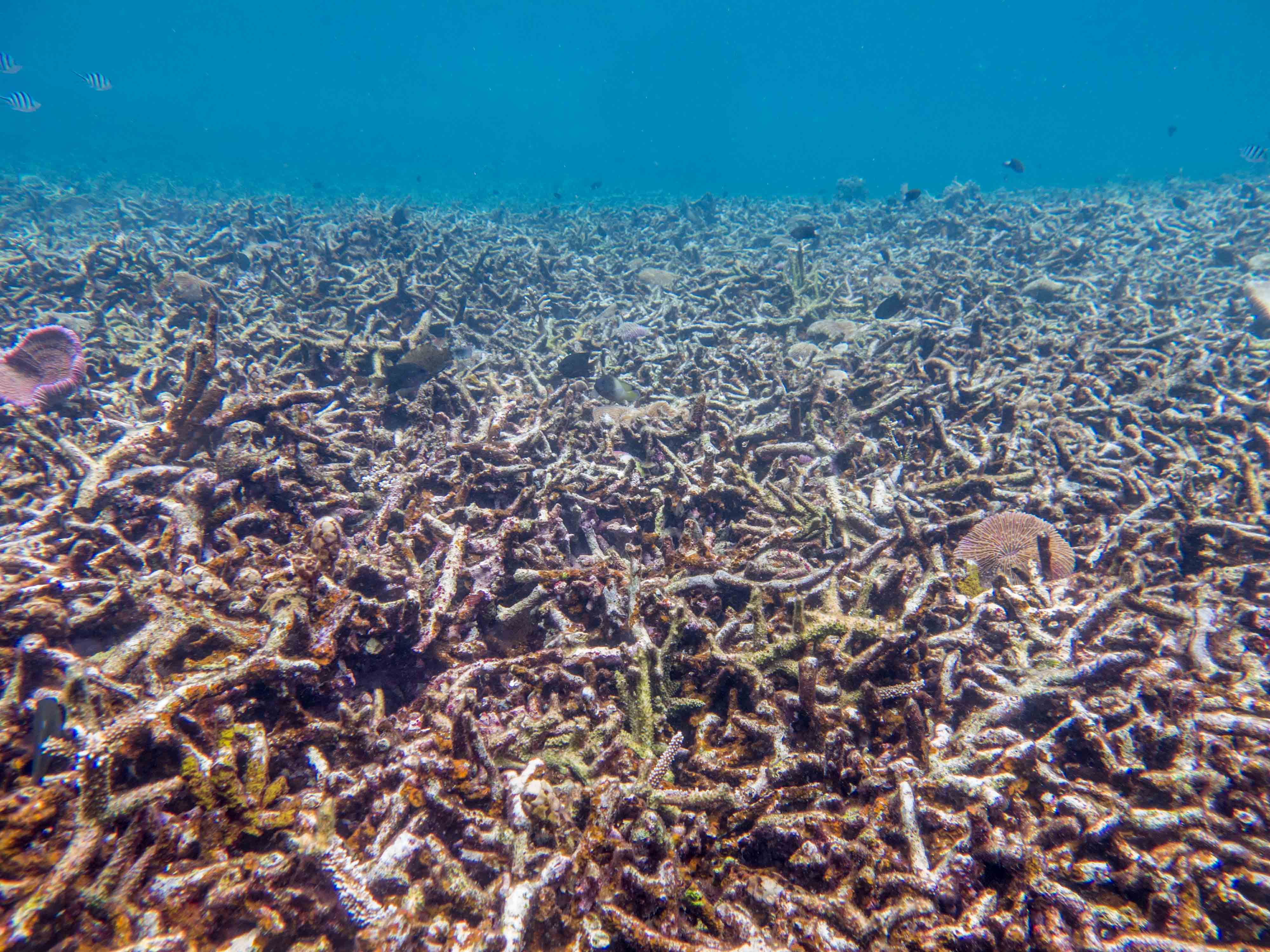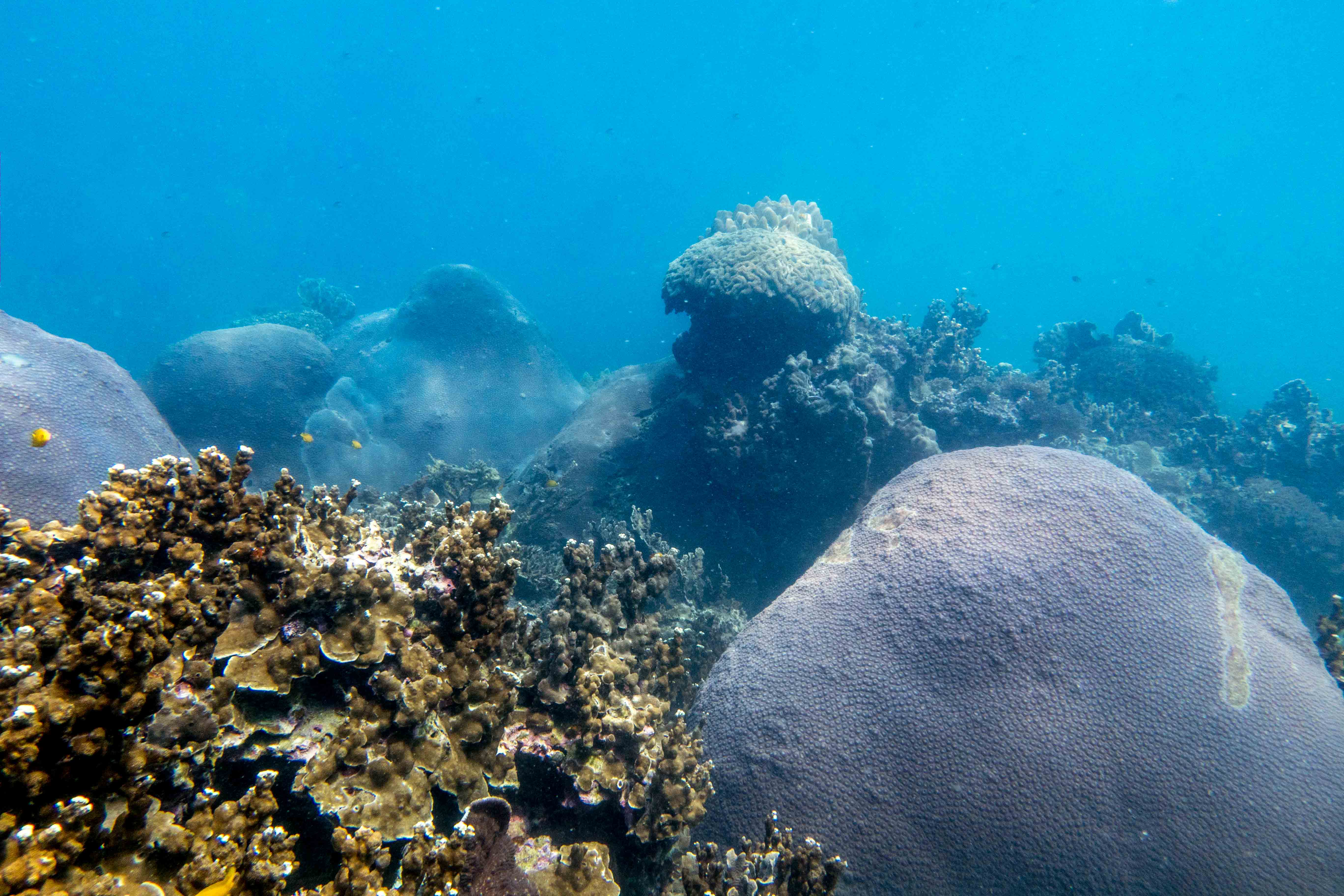Coral Reefs - Why they deserve our Respect, Attention, and Protection


By Cheyenne Carey
While Earth is of course a single planet, there are two distinct worlds amongst us, and one gets severely neglected. The world that most of us consider is terrestrial Earth. We appreciate the diversity of ecosystems, from mountains and plains, to deserts and jungles. As air breathers, this feels natural. But those who take the plunge into the seas know the marine world is just as important to Earth as its terrestrial counterpart. While the sea may look like a blanket of blue-green, beneath the surface is a diverse array of ecosystems. From the barren deep sea and abrupt mountainous pinnacles, to kelp forests and sea-grass beds, the marine world is an exceptional place. But one of the most important marine ecosystems are coral reefs. Now, more than ever, it is imperative that we understand why these ecosystems deserve our respect, attention, and protection.
Coral reefs deserve our respect on multiple different levels. First, corals should be respected as the incredible animals that they are. Yes — that’s right — corals are animals. They are predators, extending their polyps in the nighttime to capture and ingest tiny prey items such as zooplankton. Even more interesting, corals have a symbiotic relationship with a photosynthetic algae called zooxanthellae. While predatory ingestion is important, most of the coral’s energy, as well as their beautiful color, is provided by zooxanthellae. As payment, corals provide the algae with carbon dioxide to use during photosynthesis and a safe place to call home.
Second, corals should be respected for creating a complex and necessary habitat. The living tissues of corals are thin and fragile, but underneath that layer are the skeletons of corals from the past. Over time, these calcium carbonate secretions become massive and complex — perfect for an abundance of life. In fact, coral reefs support over 25% of all marine biodiversity, but take up only about 1% of the ocean floor. How many organisms can you think of that double as an animal and underwater city?
Corals deserve our attention due to the vast ecosystem services they provide us humans. To start, coral reefs provide a buffer from storms and coastal erosion. Their complex and resilient structures slow wave action, minimizing the catastrophic strength of storms — potentially saving homes, businesses, and lives.
Coral reefs also provide sustenance for millions of people. The dense populations of fishes within these ecosystems provide an accessible source of nutrients and protein, especially in under-developed regions. But as with many things throughout history, people are beginning to perceive corals differently than before.
Now, rather than just a food source, corals are becoming an ecotourism commodity. Each year, millions of people travel all around the world to visit coral reefs and enjoy their beauty. Areas that previously were small fishing villages are becoming booming tourism powerhouses, with shops, resorts, restaurants, and countless dive and snorkel tours. But without the pivotal reefs, these ecotourism hotspots would economically crumble.
At this point you’re hopefully thinking “Wow, corals are badass”, right? Right. Corals are badass! They’re an animal, an ecosystem, they keep us safe from natural disasters and provide us with rich economies. Sadly, though, corals do not always get the respect and attention they deserve. In fact, since the industrial revolution, corals have declined globally and rapidly. The Caribbean has seen a loss of nearly 98% of its corals. Southeast Asia has lost about 60%. How has this happened?
To start, corals are oligotrophic, meaning they thrive in nutrient deprived waters. Due to our growing agricultural and development industries, we wash an incredible amount of excess nutrients, especially phosphorus and nitrogen, into our oceans. This allows macroaglae to grow, which outcompete corals for light and eventually lead to their demise.
Second, corals face continual physical damage from human interference. Boats drop anchor on them, crushing hundreds of thousands of years of growth in just a matter of seconds. Ecotourism has led to physical pressures such as humans touching, standing on, or taking corals from the reef. Being an animal that is so fragile and grows so slowly, it is nearly impossible for them to adapt to these pressures in a time-effective manner.
Finally, corals are subject to increasing water temperatures due to global climate change. Our atmosphere is currently holding more carbon dioxide than it has in millions of years, and this is causing temperatures to rise. As temperatures increase, corals become stressed. They expel their zooxanthellae in an attempt to deal with the stress, and are left bleached white. Bleaching events are becoming more common and continually get worse year by year. Many of us have heard about the ‘death of the Great Barrier Reef’. Depressing? Yes. But we are beginning to develop tools to mitigate the hardships that corals face. If we want to continue to have corals reefs as a part of our Earth, we must take action to protect them. To find out what you can do to help protect these incredible animals and essential ecosystems, check out my next blog post.
